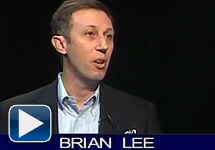
Video interview on terrorism at the Sochi Olympics, Russia’s role in the removal of chemical weapons from Syria, and more.
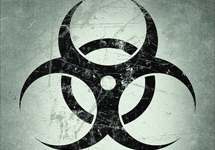
Occasional Paper #18: CNS researchers reveal the anti-plague system in Russia and how it was reported by western media.
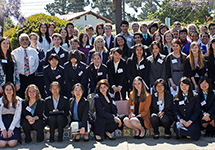
APR. 19: The Critical Issues Forum concluded with students from three countries presenting their findings on nuclear disarmament.

NOV. 1: US and Russian high school students participate in the first online conference investigating solutions for nuclear spent fuel.

Results of a study on the implementation of sustainable nuclear security measures, constrained by limited expertise and resources.
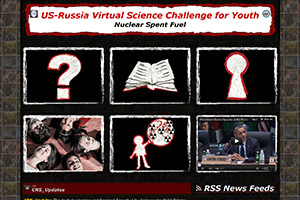
The program was touted as an example of US-Russian cooperation in the presidential joint statement.
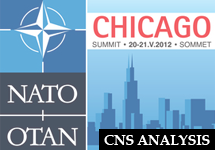
As the 2012 NATO Summit draws near, the lack of agreement between the Alliance and Russia stands in contrast to the promise of the last summit in 2010.
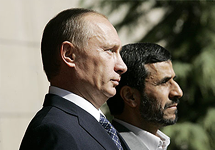
Preventing Iran from obtaining nuclear weapons has been a key US concern.
The plants will be powered by nuclear reactors running on highly enriched uranium (HEU), that can be converted to weapon-grade material.
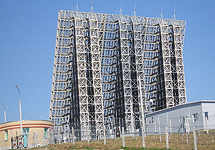
Medvedev’s statement on military responses to missile defense sounds more threatening than it actually is.